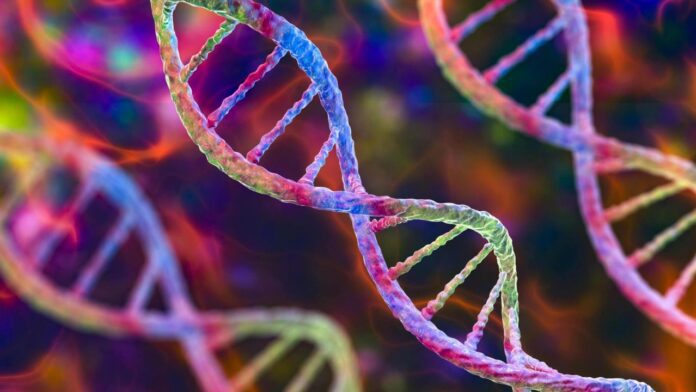In the intricate tapestry of human biology, genetic conditions stand out as fundamental threads that weave the diverse patterns of health and disease. The most common genetic conditions affect millions worldwide, influencing not just the health landscape but also our understanding of genetics, disease prevention, and personalized medicine. This article delves into the realm of genetic disorders, shedding light on their causes, impacts, and the advancements in diagnosis and treatment. As we explore these conditions, we aim to provide a comprehensive understanding that’s both informative and accessible, emphasizing the importance of genetic awareness in improving health outcomes.
Understanding Genetic Conditions
Before diving into the most common genetic conditions, it’s crucial to grasp what genetic disorders are and how they manifest. Genetic conditions are diseases caused by abnormalities in an individual’s genome, ranging from small DNA mutations to major chromosomal alterations. These disorders can be inherited from parents, arise from mutations in the individual’s own genes, or result from a combination of genetic and environmental factors.
Types of Genetic Disorders
- Single-gene (Mendelian) disorders: Caused by mutations in a single gene. Examples include cystic fibrosis and sickle cell disease.
- Chromosomal disorders: Result from changes in the number or structure of chromosomes. Down syndrome is a prime example.
- Multifactorial inheritance disorders: Develop from a combination of small variations in genes, often alongside environmental factors. Heart disease and diabetes are included in this category.
- Mitochondrial genetic inheritance disorders: Caused by mutations in the DNA of mitochondria. An example is Leber’s hereditary optic neuropathy.
The Most Common Genetic Conditions
As we delve into the specifics, it becomes clear that genetic disorders, despite their complexity, are more common than one might assume. Here, we highlight the most prevalent conditions, their impact on individuals and families, and the strides being made towards effective management and treatment.
Cystic Fibrosis
Cystic fibrosis (CF) stands as a quintessential example of a single-gene genetic disorder, affecting the respiratory, digestive, and reproductive systems. Caused by mutations in the CFTR gene, it underscores the critical role of genetic screening and advances in gene therapy for managing the condition.
Down Syndrome
As the most recognizable chromosomal disorder, Down syndrome results from an extra copy of chromosome 21. This condition illustrates the intersection of genetics with factors such as maternal age, and it highlights the importance of prenatal screening and supportive care in enhancing the quality of life for those affected.
Sickle Cell Disease
Sickle cell disease exemplifies a single-gene disorder with a profound impact on global health. Affecting millions, particularly in regions where malaria is endemic, it emphasizes the intersection of genetics, environment, and evolutionary biology. Recent advancements in gene editing hold promise for a cure, illustrating the potential of genetic research.
Hemophilia
Hemophilia, a blood clotting disorder, underscores the complexities of genetic inheritance, particularly sex-linked conditions. Advances in gene therapy and personalized medicine offer hope for individuals with hemophilia, showcasing the potential for significant improvements in treatment and quality of life.
Huntington’s Disease
This neurodegenerative condition, caused by a genetic mutation in the HTT gene, highlights the challenges and ethical considerations of genetic testing. With its late onset and hereditary nature, Huntington’s disease raises important questions about genetic counseling and the psychological impacts of genetic knowledge.
Advances in Genetic Research and Therapy
The field of genetics has witnessed remarkable progress over the past decades, transforming our approach to diagnosing, treating, and preventing genetic conditions. From the completion of the Human Genome Project to the advent of CRISPR-Cas9 gene editing, these advancements offer new hope for individuals affected by genetic disorders.
Gene Therapy: A New Frontier
Gene therapy represents a groundbreaking approach to treating genetic conditions by correcting the underlying genetic defects. This section explores the latest developments in gene therapy, including successful treatments for conditions like spinal muscular atrophy and potential applications for a wide range of disorders.
The Role of Genetic Screening and Counseling
Genetic screening and counseling have become indispensable tools in the management of genetic conditions, enabling early diagnosis and informed decision-making. This section discusses the importance of these services in detecting carriers of genetic disorders, guiding family planning decisions, and supporting affected individuals and their families.
Conclusion
The exploration of the most common genetic conditions reveals not only the challenges posed by these disorders but also the resilience of those affected and the promise of genetic research. As we advance in our understanding and capabilities, the potential to improve lives through early detection, innovative treatments, and preventive strategies



























